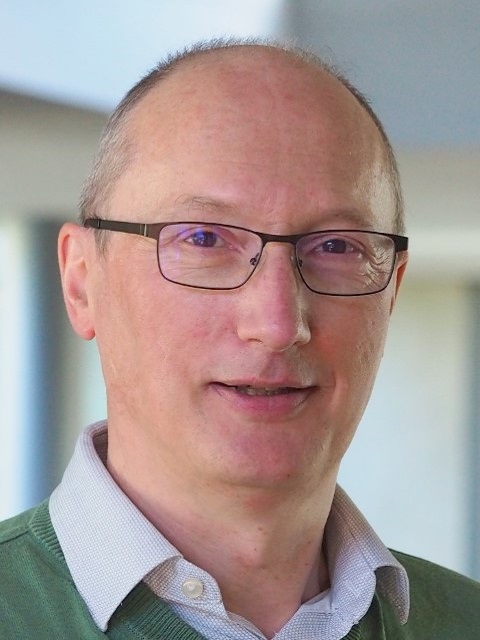Prof. Dr.-Ing. Franz Hauck

Universität Ulm
Albert-Einstein-Allee 11

Prof. Hauck studierte Informatik an der Universität Erlangen-Nürnberg. Nach zwei Jahren in der Industrie promovierte und habilitierte er sich an der Universität Erlangen-Nürnberg unterbrochen von einem einjährigen Auslandsaufenthalt an der Vrije Universiteit Amsterdam. Seit 2002 lehrt und forscht er an der Universität Ulm als Professor für Verteilte Systeme am gleichnamigen Institut.
Seine Forschungsinteressen sind Middleware-Systeme für spezielle Aufgaben. Der Fokus liegt auf fehlertoleranten Serversystemen, vor allem auf State-Machine Replication (SMR).
In der Lehre vertritt Prof. Hauck die Themengebiete Betriebssysteme und Verteilte Systeme. Seine aktuellen Veranstaltungen finden Sie auf der Lehreseite des Instituts. Alle seine Lehrveranstaltungen finden sich auf einer Detailseite.
Prof. Hauck ist Mitglied der ACM, der Gesellschaft für Informatik, GI und deren Fachgruppen Betriebssysteme , KuVS und FERS sowie von EuroSys.
Er ist außerdem gewähltes Mitglied des Fakultätsrats seiner Fakultät, bestelltes Mitglied der Informatik für die Gemeinsame Kommission Lehramt und damit gleichzeitig Mitglied in der Studienkommission, dem Prüfungsausschuss und dem Zulassungsausschuss für das Lehramt. Im Prüfungsausschuss Lehramt ist er gewählter Vorsitzender.
Seine letzten Publikationen:
Weitere Informationen finden sich auf anderen Seiten: vollständige Publikationsliste, Doktoranden. Weitere Details zu Projekten und gehaltenen Lehrveranstaltungen finden sich auf einer Detailseite.